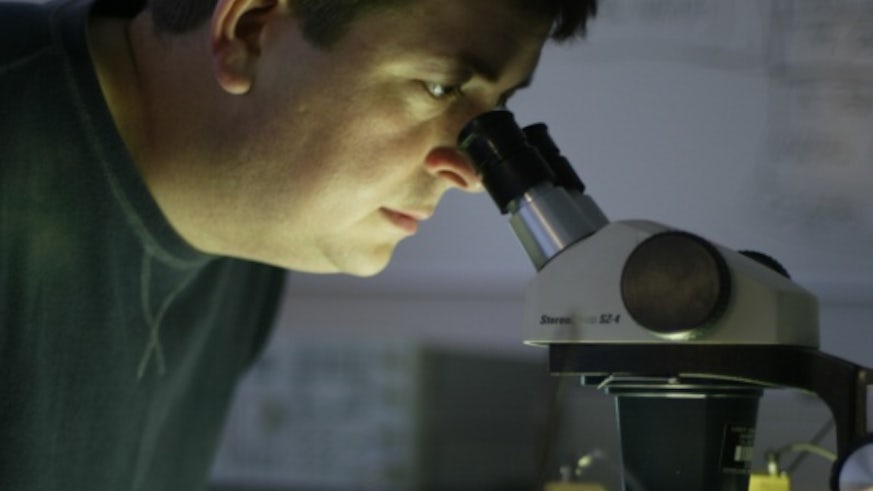Blood glucose monitor could benefit millions
5 Mai 2016

Professor Adrian Porch and his research team at the School of Engineering are developing a device which they believe could help millions of people with diabetes.
At present, diabetics need to test their blood glucose a number of times each day – a process which requires the extraction of blood. However, Professor Porch has led efforts to introduce a new type of blood glucose monitor which relies on non-invasive techniques.
The new device, which is currently undergoing clinical trials, will utilise a monitor which is discreetly attached to the arm or body using an adhesive and does not require the extraction of blood, except for during the initial calibration. Once calibrated, it will monitor glucose levels using sensors which send data to a computer or mobile app.
This opens up the prospect of allowing people with diabetes to monitor their glucose levels throughout the day.
The project, which has received £1 million in funding from the Wellcome Trust, commenced in 2008 and (subject to further development) could be represented on the market in the next five years.
“The monitor uses microwaves and is very safe”, explained Professor Porch. “The levels of microwaves are very, very low. If you think about a mobile phone then they are about a thousand times less than that”.
Along with Professor Porch and Dr Heungjae Choi, Professor Stephen Luzio, from Swansea University’s College of Medicine, has been carrying out clinical trials using patients with diabetes, and is planning further tests over the summer.
He said: "Patients are very keen on this. One of the big problems with patients measuring their glucose is they don't like pricking their finger, so there's a lot of interest."
There are over 3.5 million people in the UK who have been diagnosed with diabetes, and millions more around the world.